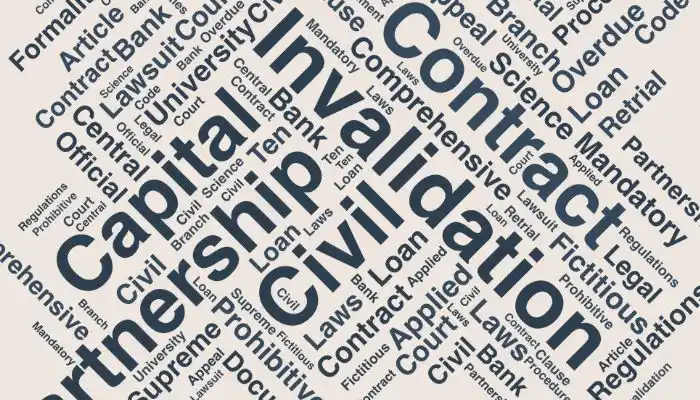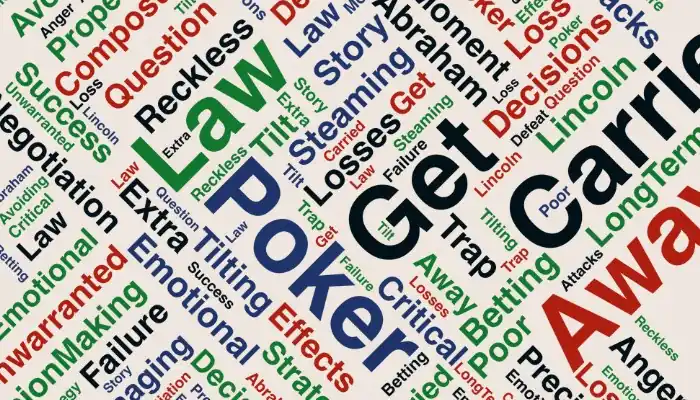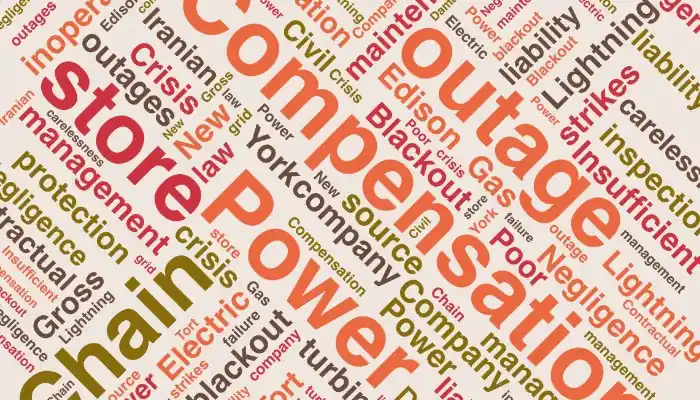Institution A received a loan from Bank T for the construction and establishment of the Comprehensive Applied Science University. The terms of the contract stipulated that the borrower must not only execute the subject of the partnership but also gradually settle the partnership contract.
Since combining these two obligations—executing the partnership project and making gradual installment payments—was not feasible, the obtained loan became overdue due to non-payment of installments.
Under these circumstances, the institution was compelled to enter into a fictitious contract titled Civil Partnership for Capital Goods with the bank to use the funds from this second contract to settle the first one. As this action was contrary to mandatory and prohibitive laws, a lawsuit was filed. However, Branch Ten of the Civil Court dismissed the lawsuit with the following reasoning: “… The plaintiff, by filing this lawsuit, seeks to recover any excess amounts potentially received by the defendant bank, which were paid to the plaintiff as part of the loan. Assuming the validity of this claim and the receipt of interest, late payment penalties, and other related excess amounts in violation of the Central Bank’s regulations governing the contracts between the parties, the recovery of such amounts is possible without invalidating the banking contracts and by filing the relevant lawsuit. Given that the plaintiff’s lawsuit for the invalidation of the banking contract, which under Article 7 of the Law on Facilitating the Granting of Banking Facilities is considered an official document, is not based on compelling legal evidence …,” the court issued a judgment dismissing the plaintiff’s claims.
After the appeal period ended, a petition for retrial was submitted within the prescribed time. Following the legal formalities, the case was sent to the Supreme Court, and ultimately, the … branch of the Supreme Court issued a ruling referencing the laws and regulations governing civil partnership contracts, summarized as follows:
Summary of the Supreme Court Branch Ruling:
… Given the aforementioned laws and regulations, the loan contract aimed at settling the previously granted facilities and the associated interest was concluded in violation of legal and current regulations. Consequently, the appeal against judgment number … is found to be valid. By the authority granted under Clause C of Article 401 of the Civil Procedure Code, the appealed judgment is annulled, and the case is referred to a parallel branch for re-examination and issuance of a proper ruling in accordance with applicable laws and regulations.




